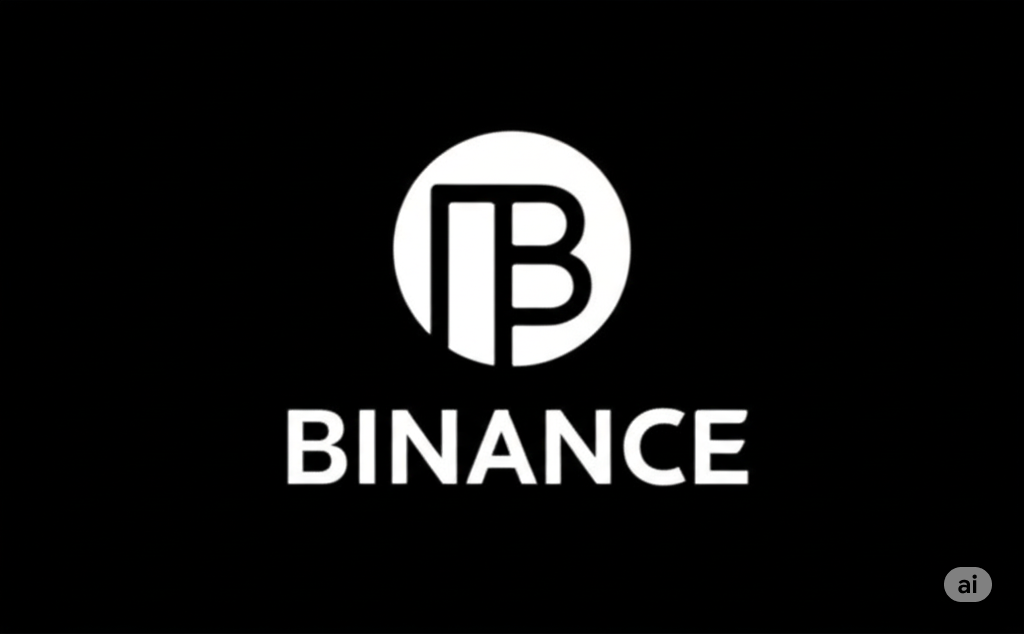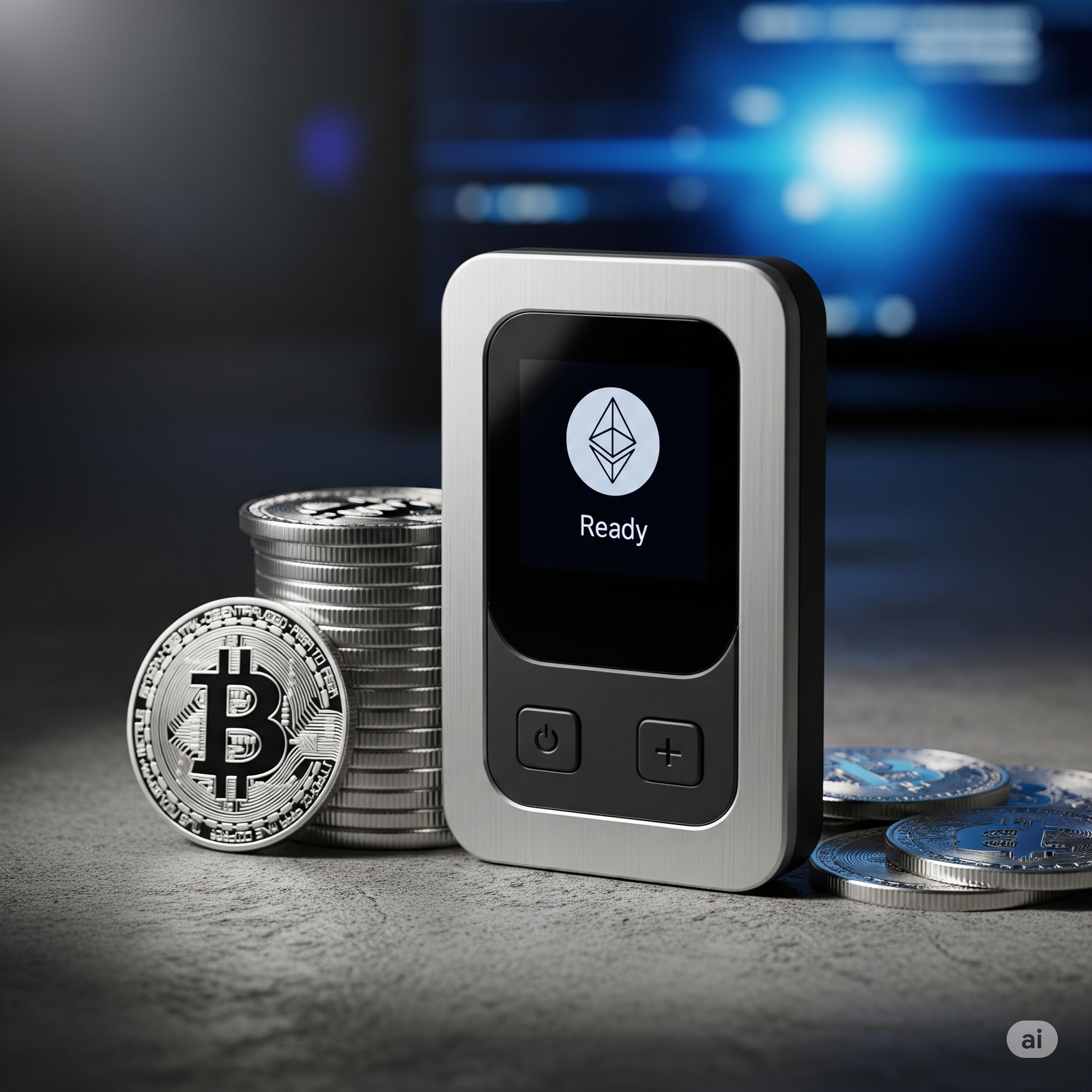Entering the world of cryptocurrency can be exciting, but understanding how to securely store your digital assets is crucial right from the start. A crypto wallet is a software program or a physical device that allows you to interact with the blockchain. It doesn’t actually hold your crypto like a traditional wallet holds cash; instead, it stores your private keys – the unique codes that allow you to access and manage your cryptocurrency on the blockchain.
Choosing the right crypto wallet can feel overwhelming for beginners. That’s why we’ve compiled a list of some of the top crypto wallets known for their user-friendliness, security features, and suitability for those new to the crypto space.
Understanding Different Types of Crypto Wallets:
Before we dive into specific recommendations, it’s helpful to understand the basic categories of crypto wallets:
- Custodial Wallets: These wallets are hosted by a third-party exchange or platform (like Binance, Coinbase, etc.). The exchange holds your private keys for you, making it convenient but also meaning you don’t have full control over your funds. They are often the easiest for beginners to start with.
- Non-Custodial Wallets: With these wallets, you have complete control over your private keys. This offers greater security and autonomy but also comes with the responsibility of safeguarding your keys. If you lose them, you lose access to your crypto. Non-custodial wallets can be further divided into:
- Software Wallets (Hot Wallets): These are applications you can download on your desktop or mobile device. They are convenient for frequent trading but are generally considered less secure than hardware wallets as they are connected to the internet.
- Hardware Wallets (Cold Wallets): These are physical devices that store your private keys offline, offering the highest level of security against online threats. They are ideal for long-term storage of larger amounts of cryptocurrency.
- Paper Wallets: These involve printing your public and private keys on a piece of paper. While very secure if stored properly, they are less convenient for regular transactions.
Top Crypto Wallets for Beginners:
Here are some beginner-friendly crypto wallets across different categories:
Custodial Wallets (Ease of Use for Starters):
- Coinbase Wallet: Often recommended for its intuitive interface and seamless integration with the Coinbase exchange. It supports a wide range of cryptocurrencies and offers educational resources for beginners. While primarily custodial, it also has a non-custodial option within the same app.
- Binance Wallet (within the Binance Exchange): If you plan on using the Binance exchange, their integrated wallet is a convenient starting point. It offers a wide selection of cryptocurrencies and various features, though the platform can feel a bit more complex than Coinbase for absolute beginners.
- Kraken Wallet (within the Kraken Exchange): Similar to Binance and Coinbase, Kraken offers a custodial wallet integrated with its exchange. It’s known for its robust security measures and professional trading tools, but the basic wallet interface is still beginner-friendly.
Non-Custodial Software Wallets (Greater Control):
- MetaMask: Primarily known as a browser extension for interacting with Ethereum and other EVM-compatible blockchains (like Binance Smart Chain and Polygon). It’s relatively easy to use for sending, receiving, and swapping tokens, and it allows you to connect to decentralized applications (dApps). It also has a mobile app. Important Note: Always download MetaMask from the official website and store your seed phrase securely offline.
- Trust Wallet: A mobile-only, non-custodial wallet owned by Binance. It supports a vast array of cryptocurrencies and offers a user-friendly interface. It also includes a built-in dApp browser. Remember to back up your recovery phrase carefully.
- Exodus: A desktop and mobile wallet known for its sleek design and user-friendly interface. It supports a good number of cryptocurrencies and offers built-in exchange functionality (though fees may apply). Ensure you secure your backup phrase.
Non-Custodial Hardware Wallets (Highest Security, Recommended for Larger Holdings):
- Ledger Nano S Plus/X: Popular hardware wallets that store your private keys offline. They support a wide range of cryptocurrencies and require you to physically confirm transactions on the device. While they have a higher upfront cost, they offer the best security for safeguarding your crypto.
- Trezor Model One/T: Another well-regarded brand of hardware wallets with a strong focus on security. They function similarly to Ledger devices, keeping your private keys offline and requiring physical confirmation for transactions.
Choosing the Right Wallet for You:
The best crypto wallet for you depends on your individual needs and priorities:
- For absolute beginners who want simplicity and plan to trade frequently on an exchange: A custodial wallet offered by a reputable exchange like Coinbase, Binance, or Kraken can be a good starting point.
- For users who want more control over their funds and are comfortable managing their own private keys: Non-custodial software wallets like MetaMask, Trust Wallet, or Exodus offer a good balance of security and convenience for smaller amounts of crypto.
- For users holding a significant amount of cryptocurrency and prioritizing maximum security: A hardware wallet like Ledger or Trezor is highly recommended for long-term storage.
Key Security Tips for All Crypto Wallets:
- Always back up your recovery/seed phrase and store it securely offline. This is your master key to your wallet. If you lose it, you could lose access to your funds.
- Never share your private keys or seed phrase with anyone.
- Enable two-factor authentication (2FA) whenever possible.
- Be cautious of phishing scams and only interact with trusted websites and applications.
- Keep your software wallets updated.
- For hardware wallets, purchase directly from the manufacturer or a reputable reseller.
Conclusion:
Choosing a secure and user-friendly crypto wallet is a fundamental step in your cryptocurrency journey. By understanding the different types of wallets and considering the top options for beginners, you can confidently start storing and managing your digital assets. Remember to prioritize security and always take the necessary precautions to protect your funds. Happy crypto exploring!












Leave a Reply